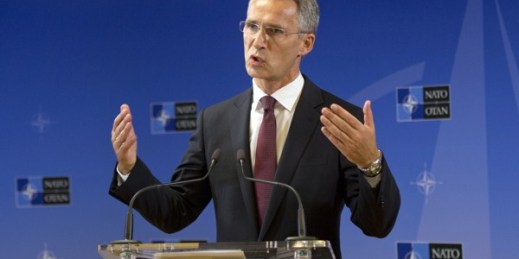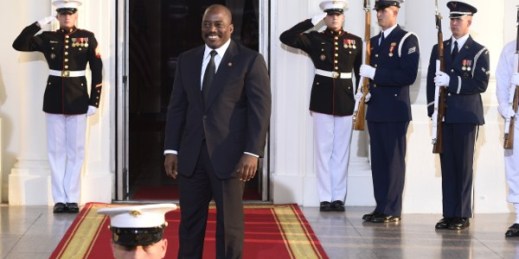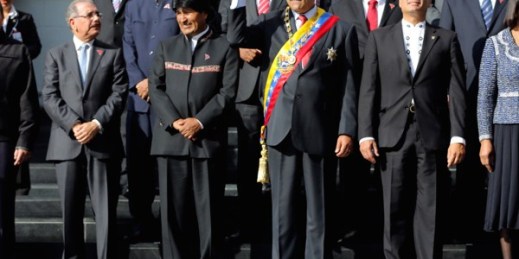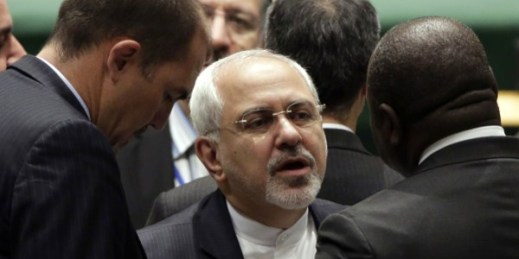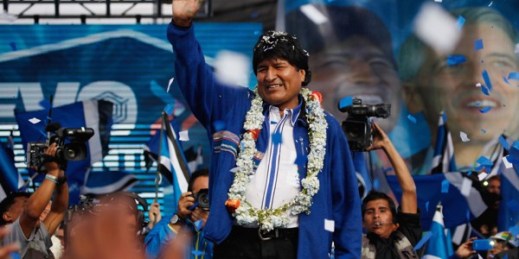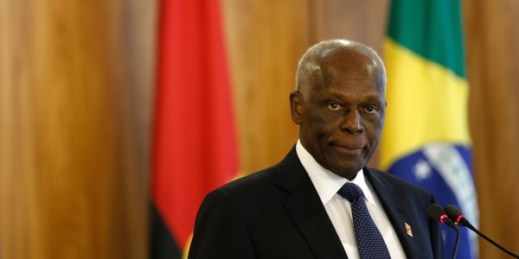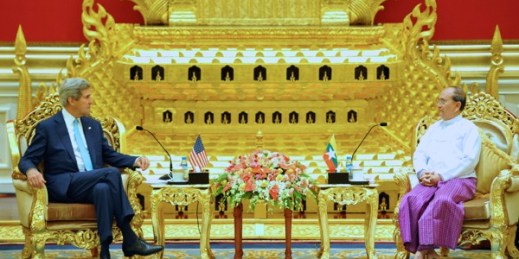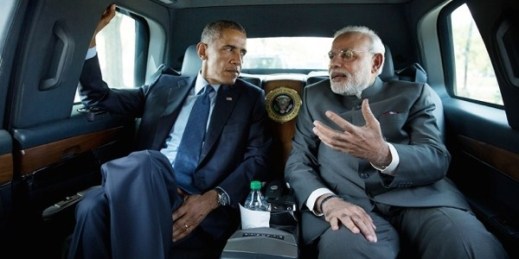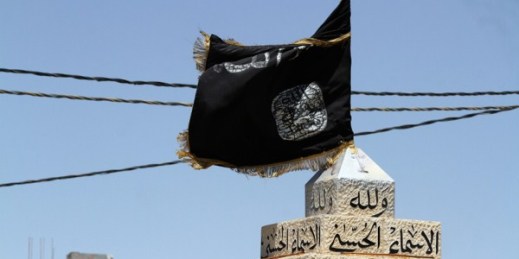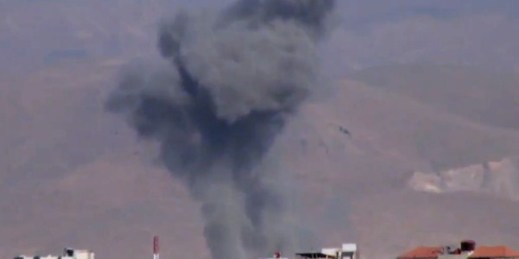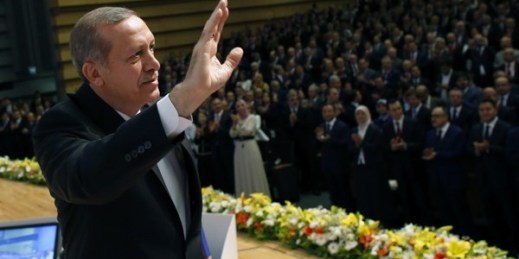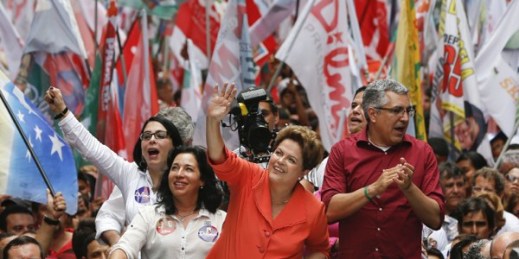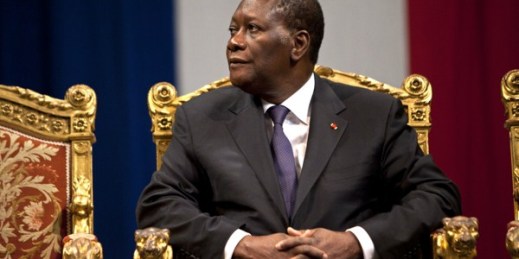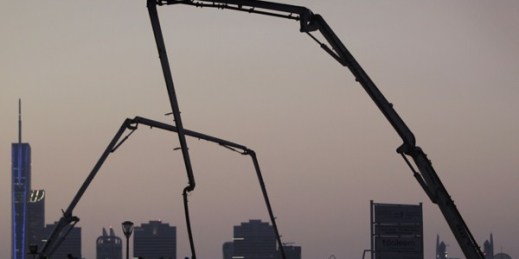
After a hiatus following the 2008 financial crisis and the upheavals of the Arab Spring, multibillion-dollar “mega-projects” are once again being built at breakneck speed in the oil- and gas-rich kingdoms of the Persian Gulf. At first glance, their resumption signifies that the Gulf states have successfully weathered the Middle East’s political and economic storms in recent years. Moreover, successful bids for global events such as the 2020 World Expo in Dubai and the 2022 World Cup in Qatar will ensure a continuing focus on major infrastructural developments through at least the end of the decade. But there’s another story […]

